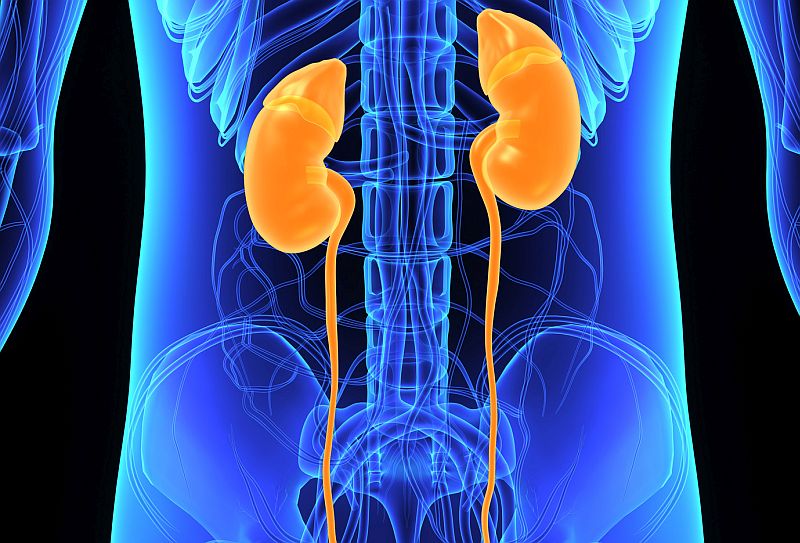THURSDAY, Nov. 23, 2017 (HealthDay News) — Holiday overeating can harm your kidneys, a kidney expert warns.
“The body absorbs nutrients from the gut and then the liver metabolizes them. Whatever is left that can’t be used by the body is excreted by the kidneys,” Dr. Sreedhar Mandayam, a specialist in nephrology at Baylor College of Medicine, said in a college news release.
“The more you eat, the more you deliver to your kidneys to excrete,” he explained. “So, eating a lot of substances that are very high in proteins or toxins can put a strain on your kidneys because they now have to handle the excess calories, toxins or proteins you’ve eaten.”
During the holiday season, people tend to eat heavy meals with lots of proteins and carbohydrates. Along with affecting the kidneys, this can also impact the liver, pancreas and heart.
People with chronic kidney disease and kidney stones need to be especially careful not to overeat.
“For people with kidney disease, even eating normal amounts of food puts stress on their kidneys,” Mandayam said. “If you consume large amounts of carbohydrates, protein or fat, the stress on an overworked, half-functioning kidney will get even worse and can accelerate your kidney dysfunction.”
For people prone to kidney stones, heavy meals also can include many substances associated with kidney stone formation.
“It is very common after the holidays for us to see people coming in with new stones or stones that have previously been smaller but have grown in size and are causing obstructions or pain,” Mandayam said.
Try to eat in moderation during the holidays, he advised.
“Most people don’t need to consume more than 2,500 calories per day,” Mandayam said. “And try not to have more than 30 percent of that be carbohydrates and only have about a gram of protein per day.”
In addition, he said, “staying hydrated also is one of the best ways to maintain your kidney health.”
More information
The U.S. National Institute of Diabetes and Digestives and Kidney Diseases outlines how to keep your kidneys healthy.
Copyright © 2026 HealthDay. All rights reserved.

